Institutes & National Labs
UChicago’s Research Institutes are all about collaboration across departments. The institutes provide resources and staff to help researchers design, build and test experiments worldwide.
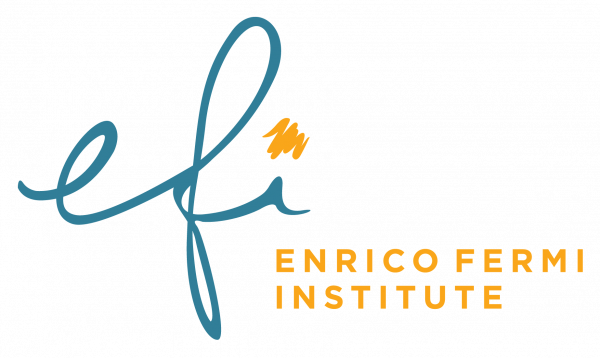
Enrico Fermi Institute (EFI)
The Enrico Fermi Institute is a Physical Sciences unit of the University devoted to interdisciplinary research. It was founded shortly after the Second World War as the “Institute for Nuclear Studies” and is now named in honor of Enrico Fermi, who was one of the founders and a distinguished member of the Institute. All faculty members in the Institute hold joint appointments in one or more of the following departments: Physics, Astronomy and Astrophysics, Chemistry, Geophysical Sciences, and Mathematics. Graduate students and postdoctoral scholars working with these faculty members also hold appointments and perform their research in the Institute.
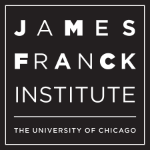
James Franck Institute (JFI)
The James Franck Institute (JFI) is the premier institute in the US for research at the intersection of physics, chemistry, and materials science. The JFI was established after World War II as the Institute for the Study of Metals. The present name was adopted in 1967 to reflect an emerging wider range of research activities. Today, JFI research spans condensed matter physics; physical chemistry; synthetic materials chemistry; atomic, molecular, and optical (AMO) physics; geophysics; and biophysics. The JFI is one of five interdisciplinary institutes of the Physical Sciences Division, and it serves as the home of the University of Chicago Materials Research Science and Engineering Center (MRSEC), supported by the National Science Foundation.
Beyond the historical EFI and JFI, UChicago has seen the birth of several other Institutes and Centers with focused missions that are stimulating the collaboration among researchers of different Departments.
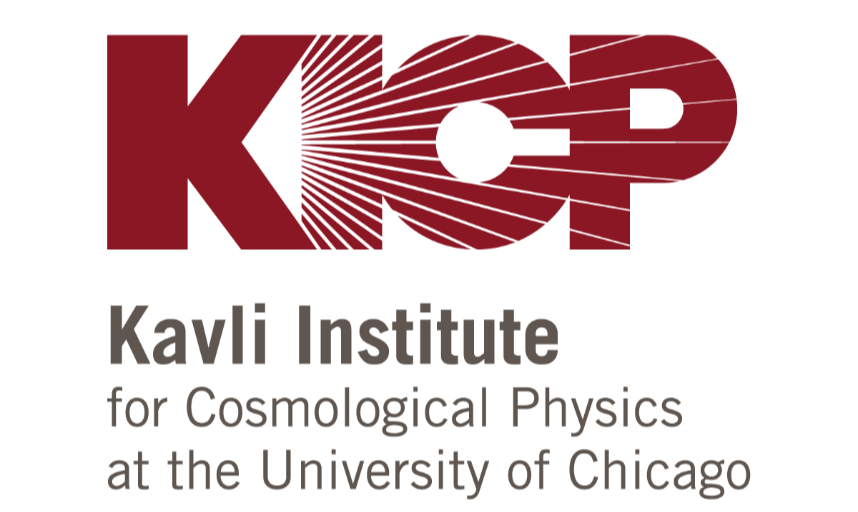
Kavli Institute for Cosmological Physics
The mission of the Kavli Institute for Cosmological Physics (KICP) is to deepen our understanding of the origin and evolution of the universe and the laws that govern it by bringing together astronomers and physicists, theorists and experimentalists within a unique interdisciplinary culture. Several discoveries made in the last 30 years demonstrated that physics at the smallest scale – interactions of the quarks and leptons – is intimately connected with the largest scale – the constitution and birth of the cosmos itself. The Kavli Institute for Cosmological Physics is at the forefront of research that exploits these connections, at the intersection between astrophysics, cosmology and particle physics. The Institute is committed to the development of innovative approaches that combine both physics and astronomy to further our understanding of the birth and earliest evolution of the Universe.
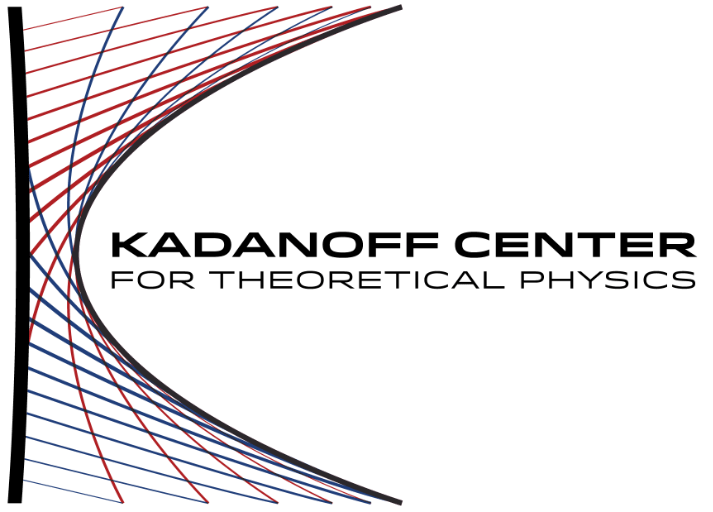
Kadanoff Center for Theoretical Physics
The mission of the Kadanoff Center of Theoretical Physics (KCTP) is to facilitate research and education in physical sciences through foundational investigations in theoretical physics. The Center is guided by the idea that theoretical physics provides a unified description of physical reality — that an understanding of diverse physical phenomena can be achieved using common methods and goals. Advances in one area often enrich another, due to the common intellectual threads that bind them together. The Center strives to create a research environment which bridges divides between disparate physical disciplines, thereby advancing our understanding of physical phenomena in condensed matter physics, statistical mechanics, high energy physics, astrophysics and mathematics. A major unifying theme of current research emphasizes the role of geometry in the theoretical analysis of physical phenomena.
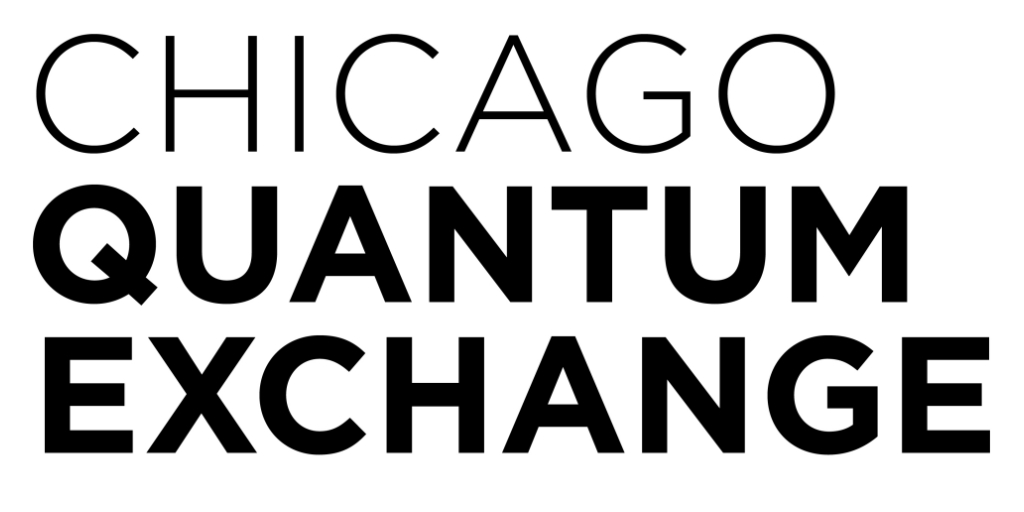
Chicago Quantum Exchange
The Chicago Quantum Exchange (CQE) is an intellectual hub and community of researchers with the common goal of advancing academic and industrial efforts in the science and engineering of quantum information across CQE members, partners, and our region. The hub aims to promote the exploration of quantum information technologies and the development of new applications. The CQE facilitates interactions between research groups of its member and partner institutions and provides an avenue for developing and fostering collaborations, joint projects, and information exchange.
The mission of the CQE is to accelerate discovery and innovation in the rapidly developing areas of quantum technology, and to attract talent, funding, and industry to the Chicago area to become the source for tomorrow’s leading quantum engineers.

Center for Living Systems
The Center for Living Systems (CLS) at the University of Chicago is a National Science Foundation Physics Frontier Center launched in 2023. The CLS is the intellectual hub for research on the physics of living systems, or biological physics, and brings together researchers spanning 10 departments across the physical and biological sciences at the University of Chicago. The current central focus of the CLS is understanding how living systems process cues from their environment to determine and adapt their form and function. To this end, the CLS is advancing a new field of science focused on understanding how matter can store, retrieve, and process information to control complex behavior. The CLS also develops education and outreach programs to expand physics education, train the next generation of researchers and bring the joy of CLS research to the South Side of Chicago.
UChicago researchers benefit from the close proximity of the Fermi National Accelerator Laboratory and the Argonne National Laboratory, both within an hour’s drive of the university. These labs support our research by providing advanced instrumentation and facilities as well as a large number of world-class researchers in the neighborhood.
A number of ANL and FNAL scientists hold joint appointments with our Physics Department, where they teach graduate courses and mentor students. Additionally, other scientists at these labs can mentor Chicago grad students even if they do not hold a joint appointment if the student has a co-advisor in the physics department.

Fermi National Accelerator Laboratory
America’s particle physics and accelerator laboratory.
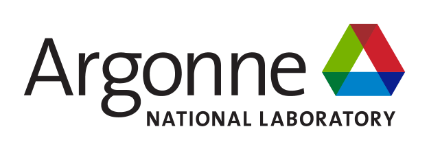
Argonne National Laboratory
A multidisciplinary science and engineering research center born out of UChicago’s work on the Manhattan Project.
